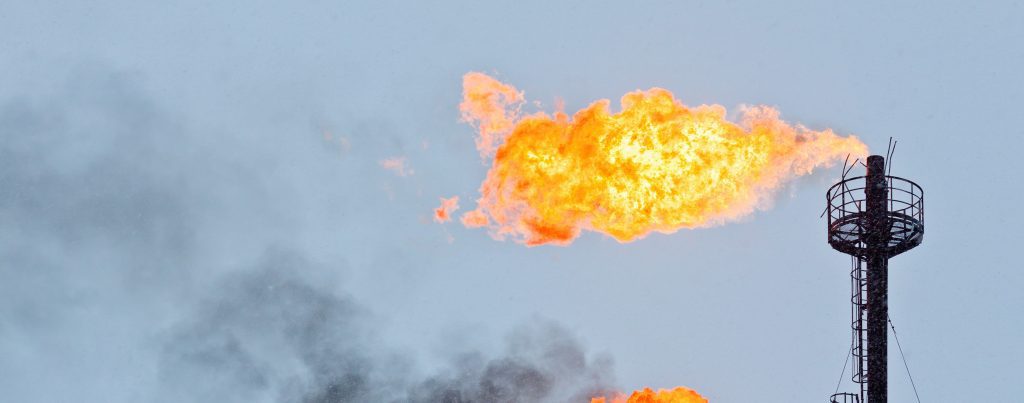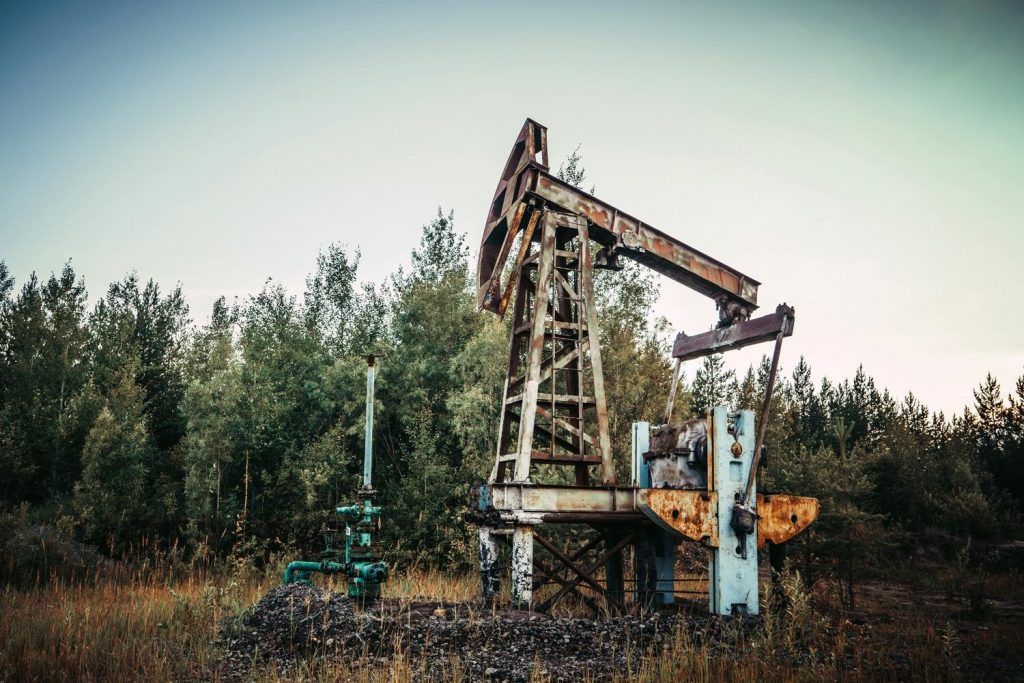The day before the March for Jobs, Justice and the Climate, I received an unexpected email from my mom. My mom said she might like to join me at the March.
Now, my mom is no stranger to protest. She’s gone to plenty of rallies in her time (like mother, like daughter), but climate change wasn’t her focus. Yet last Sunday in Toronto, she stood beside me in Queen’s Park, along with thousands of others of every age, gender, cultural and socio-economic background, to highlight one of the most critical issues of our age.
The march was one of the most diverse I’ve ever participated in. And it signals that this is a growing movement that is stretching to people beyond what some might imagine a traditional environmentalist looks like. On Sunday, environmental organizations stood with labour, youth, first nations, faith groups, immigrants and more.
The March was led by the frontline communities most affected by climate change and tar sands infrastructure in the “It starts with justice” bloc. They were followed by unions and workers in the “Good work, clean jobs, healthy communities” section, who where in front of the “We have solutions” bloc, made up of youth, alternative transportation, and clean energy groups. I, along with others from Environmental Defence, were in the “We know who’s responsible” section. In particular, we wanted to highlight the dangers of the Energy East tar sands pipeline project.
Just a few weeks ago, the Pope issued a 184-page statement on the environment, which included 10 ways we can fight the “disturbing warming” of the planet. Many churches have long been a part of the climate movement. The World Council of Churches divested of its fossil fuel investments last year, and closer to home, the Toronto-based Trinity St. Paul’s United Church divested last February. At the march, faith groups carried banners, if you love this planet, demand action on climate change.
The family-friendly march was led by First Nations. In Canada, First Nations living near the tar sands have mounted legal challenges to Canada’s agenda to push forward this dirty fossil fuel development. The Athabasca Chipewyan First Nation ran a highly
successful fundraising campaign, and was joined by Neil Young, which drew worldwide attention to the tar sands awful impact on this community.
At the march, it was inspiring to see so many diverse people and groups come together to say no to polluting tar sands and yes to building a just, clean energy economy.
While we walked along the streets of Toronto, my mom said “I love events that shut down the streets.” Well mom, there’s plenty more where that came from. This growing movement will only get louder, until streets around the world are flooded with diverse crowds demanding action on climate change.







